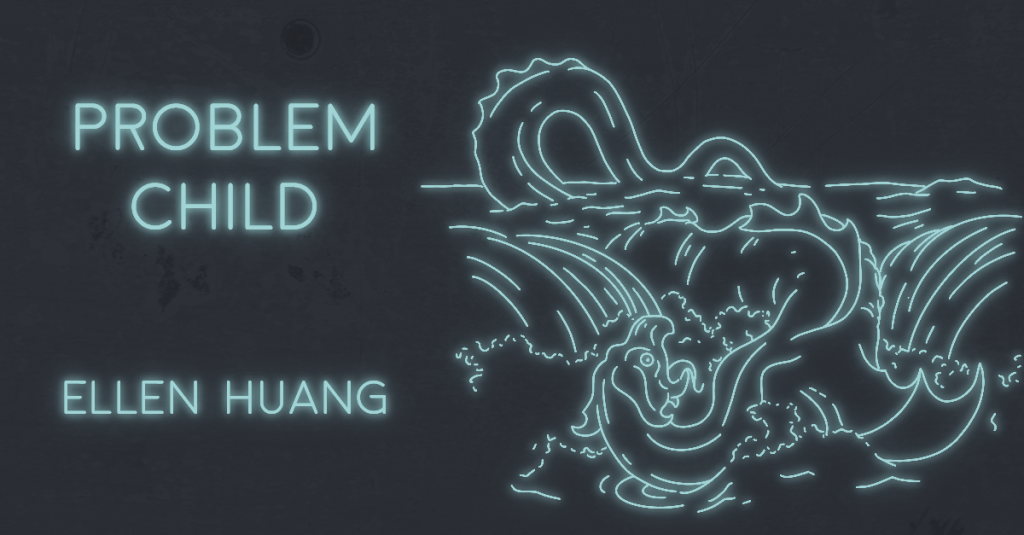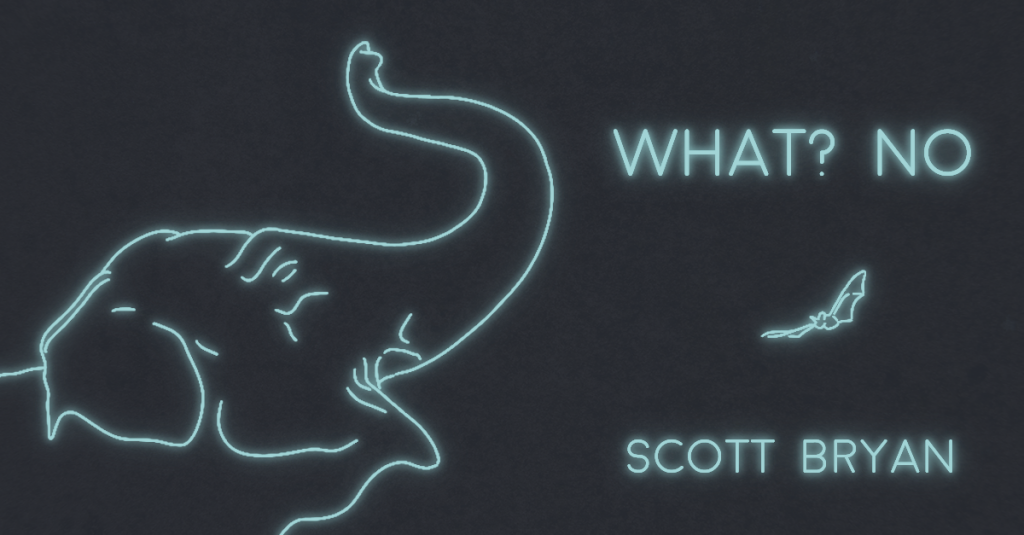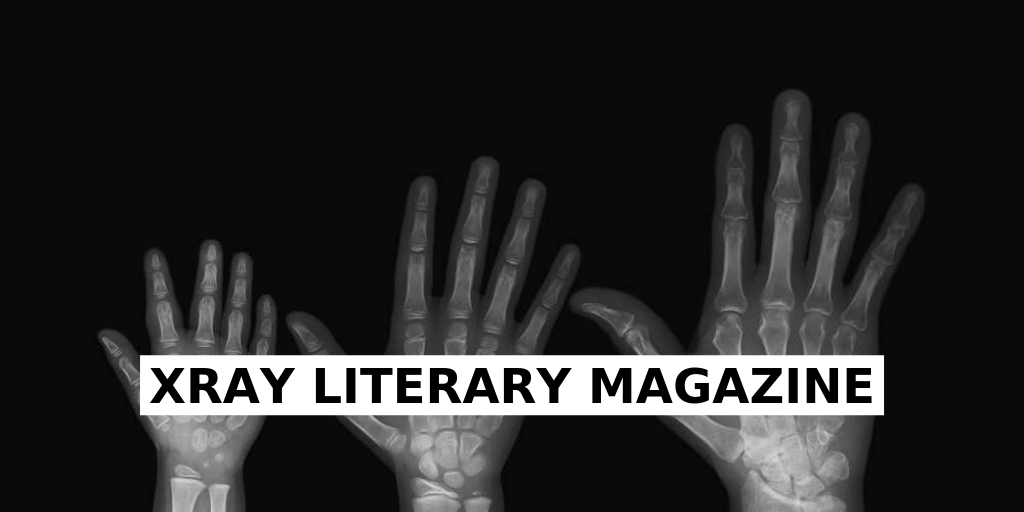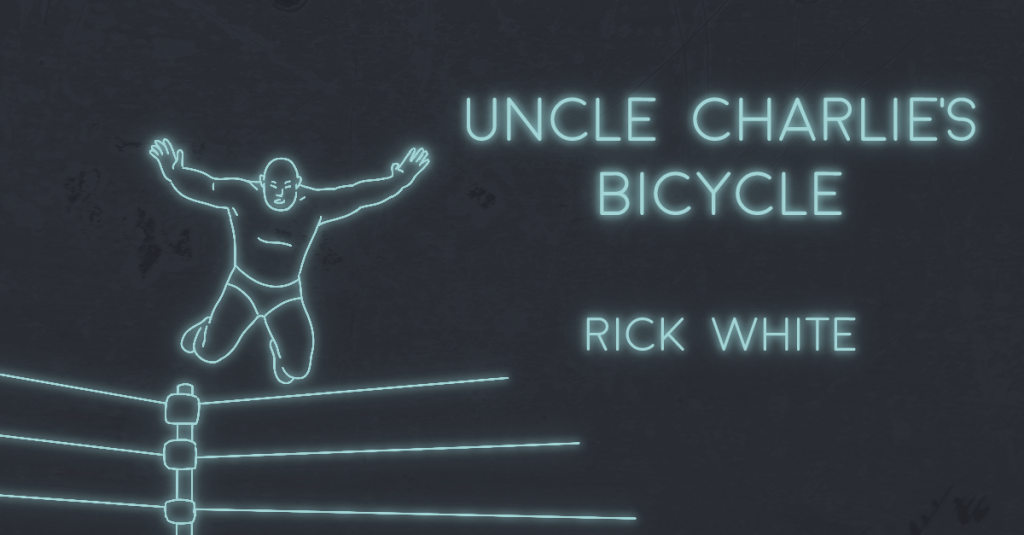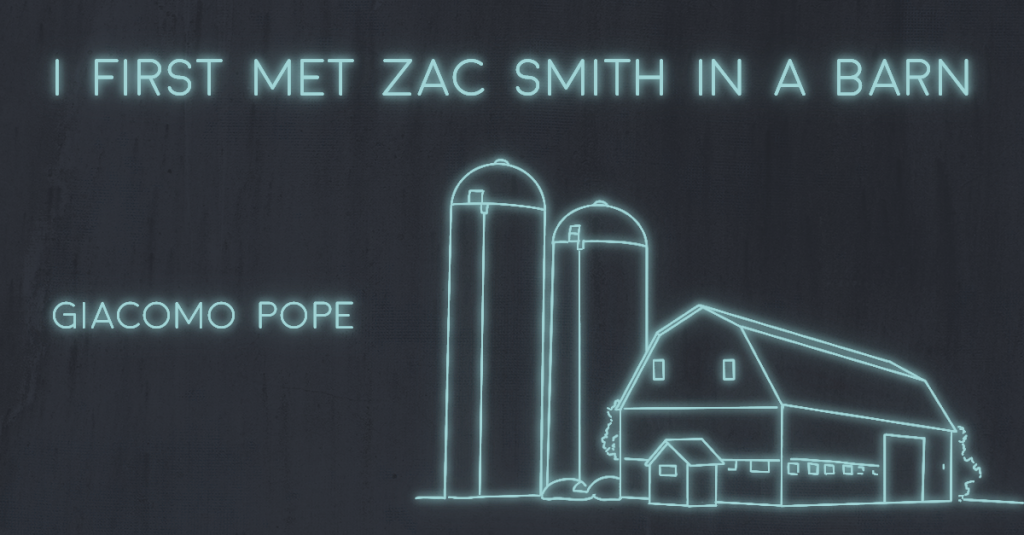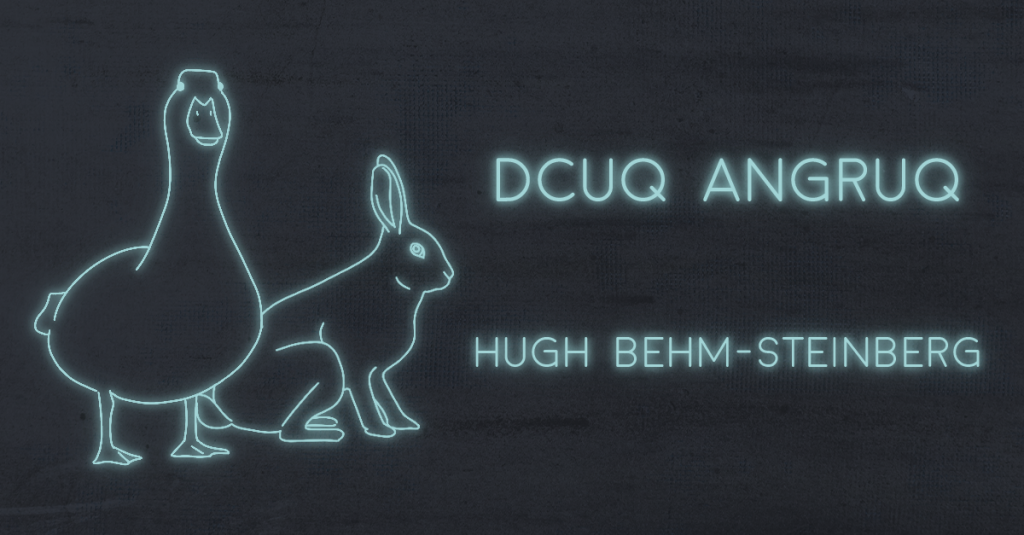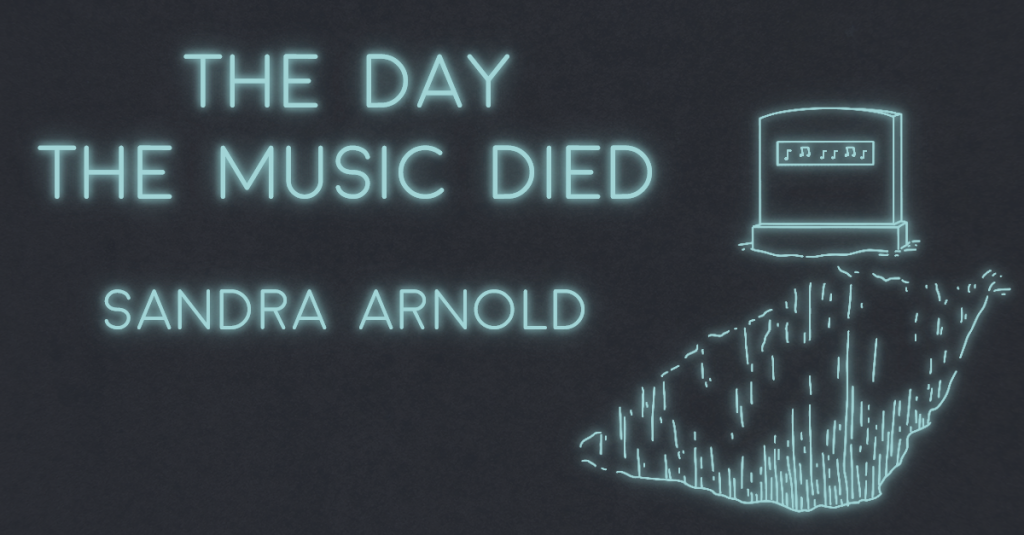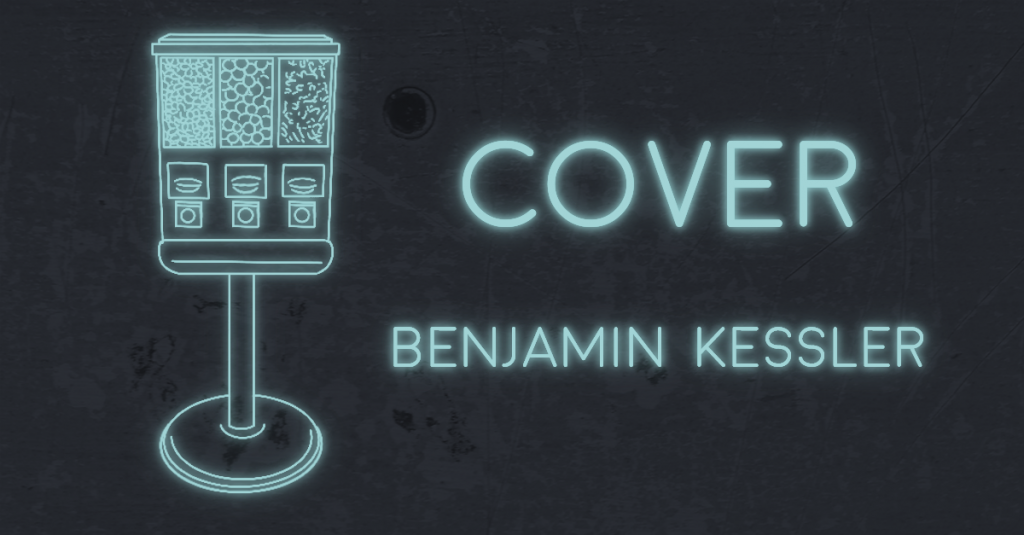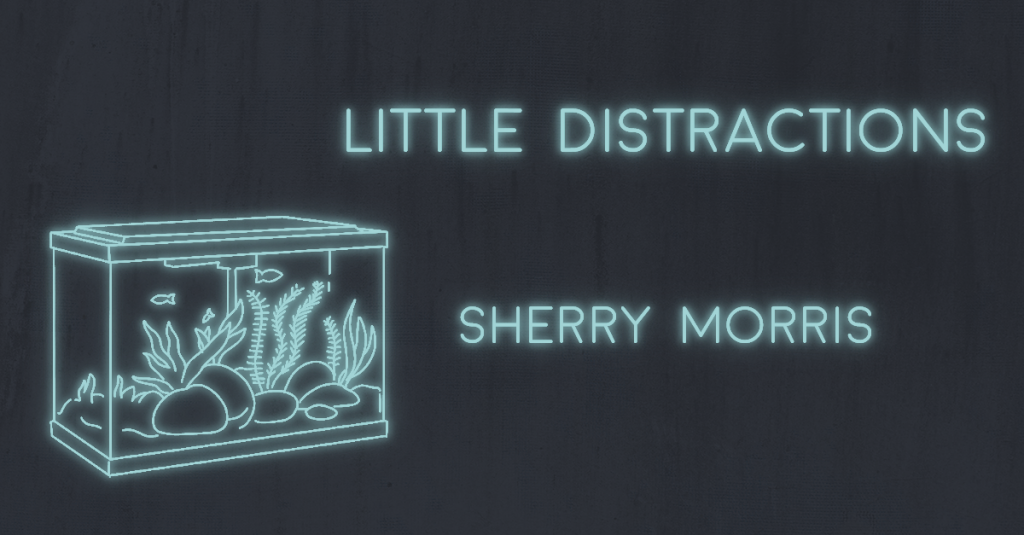
LITTLE DISTRACTIONS by Sherry Morris
Maybe because I’m bored, I agree to see Barry’s fish tank. I’d just returned from three months in Europe where travelling with a circus through France or catching live octopus to grill for lunch while house-sitting on a Spanish island was just how some weeks played out. I was back in Waynesville now, broke, regretting I’d come back too late to start the autumn term at the state university. The main attraction in Waynesville was the Walmart Super Center, which had never been that super. My dad knew somebody who knew somebody who could get me on at the cake-mix…

